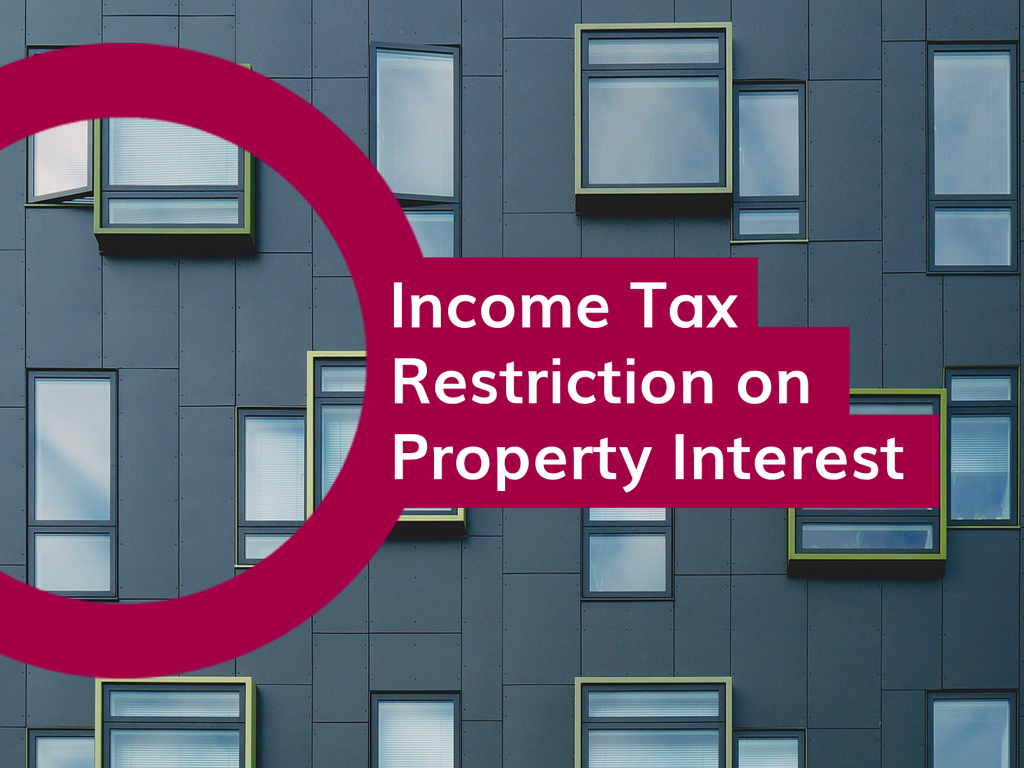The 2019/2020 tax year is the last chance for landlords to obtain higher rate Income Tax relief on residential property finance costs.
In April 2017 the government introduced new legislation that restricted the amount of Income Tax relief that landlords get on residential property finance costs. The restriction, on outgoings such as mortgage interest, will ultimately be restricted to basic rate relief.
What changes have been introduced?
The changes have been introduced gradually since 6 April 2017. Finance costs include mortgage interest, interest on loans to buy furnishings and fees incurred when taking out or repaying mortgages or loans. No relief is, and has never been, available for capital repayments of a mortgage or loan.
Landlords will no longer be able to deduct all of their finance costs from their property income to arrive at their property profits. They will instead receive a basic rate reduction from their income tax liability for their finance costs.
When do the changes fully take effect?
Landlords will be able to obtain relief as follows:
* in 2017 to 2018 the deduction from property income will be restricted to 75% of finance costs, with the remaining 25% being available as a basic rate tax reduction
* in 2018 to 2019, 50% finance costs deduction and 50% given as a basic rate tax reduction
* in 2019 to 2020, 25% finance costs deduction and 75% given as a basic rate tax reduction
* from 2020 to 2021 all financing costs incurred by a landlord will be given as a basic rate tax reduction
What does this look like in numbers?
Looking at a landlord who is a higher rate tax payer, an example of how the restriction works is set out below. We have assumed that he has rental income of £25,000 per annum and mortgage interest of £10,000 per annum.
For more information on how ICS can help you, call for free on 0800 195 3750 or email info@icsuk.com


















